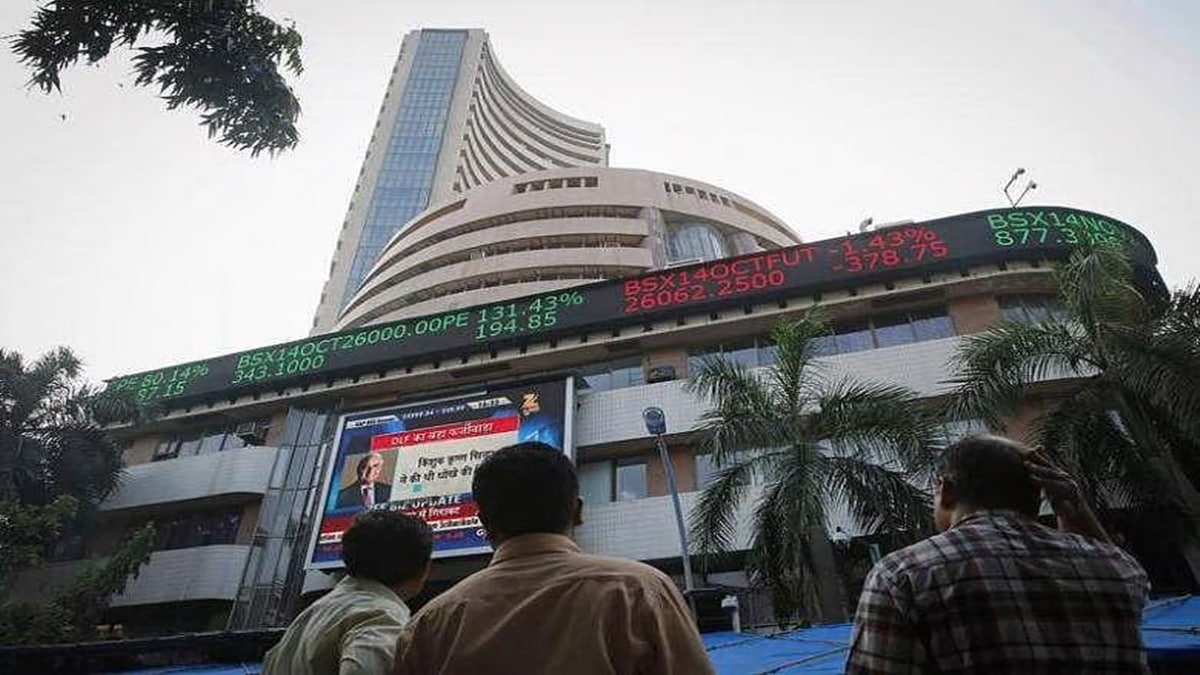Health experts are raising concerns about the rising consumption of ultra-processed foods, which is being linked to a surge in chronic diseases such as diabetes, cardiovascular disease, and obesity in India.
As the Indian food landscape becomes more reliant on convenience products, the negative health impacts of highly processed food are becoming increasingly evident, highlighting an urgent need for policy measures to address these risks, according to GlobalData, a data and analytics company.
“Ultra-processed foods, characterized by their high levels of additives, preservatives, and artificial ingredients, have become a staple in many diets. These products, often found in the form of packaged snacks, sugary beverages, and fast food, are not only lacking in essential nutrients but also pose potential health risks. Numerous studies by various organizations, including the World Cancer Research Fund, have linked the consumption of high amount of ultra-processed foods to a range of chronic diseases, including cardiovascular issues, obesity, diabetes, certain type of cancers, and early mortality. Manufacturers of ultra-processed foods incorporate trans fats into products as they have a longer shelf life than other fats. The World Health Organization (WHO) stated that the intake of these fats has been linked with increased risk of heart attacks and deaths from cardiovascular diseases,” Shravani Mali, Consumer Analyst at GlobalData, said in a statement.
Meanwhile, Francis Gabriel Godad, Consumer Business Development Manager at GlobalData said that ultra-processed foods are high in added sugars, salt, and unhealthy fats, while lacking essential nutrients and fiber. This combination not only leads to weight gain but also promotes unhealthy eating habits, Godad said.
“The rise in the number of single-member households and urbanization has surged the demand for convenient food options. According to the statistics reported by the National Library of Medicine, the prevalence of obesity in India is expected to reach 30.5%, by 2040,” he added.
In India, there is currently no standardized classification system to identify food products based on the level of industrial processing, Mali stated.
“This lack of differentiation hampers efforts to address the rising consumption of ultra-processed foods. The Indian government must consider imposing taxes on ultra-processed foods and implementing stricter regulations on their availability within school settings. In addition, food manufacturers need to take measures to develop strategies to implement labeling guidelines for the consumption of these products,” she said.
Furthermore, consumers with the conviction to reduce their impact on nature have been curtailing their meat consumption and opting for plant-based meat alternatives. However, plant-based meat and cheese alternatives are also categorized as ultra-processed foods, raising concerns about their health benefits when compared to traditional animal products. GlobalData forecasts that the value sales of the meat substitutes sector in India is set to record an annual uptick of 5.1% in 2024^. Consumers need to make more informed food purchases, keeping their health in mind, and reduce dietary exposure to ultra-processed foods.
“The consumption of ultra-processed foods in India is fueling the alarming rise of chronic diseases. Hence, the rapid expansion of the demand for ultra-processed foods highlights the critical necessity for comprehensive policy measures. Urgent action is required to raise awareness, promote healthier eating habits, and implement effective policies to safeguard public health. Consumers should enhance their consumption of fresh and minimally processed foods to avoid negative health consequences,” he added.








